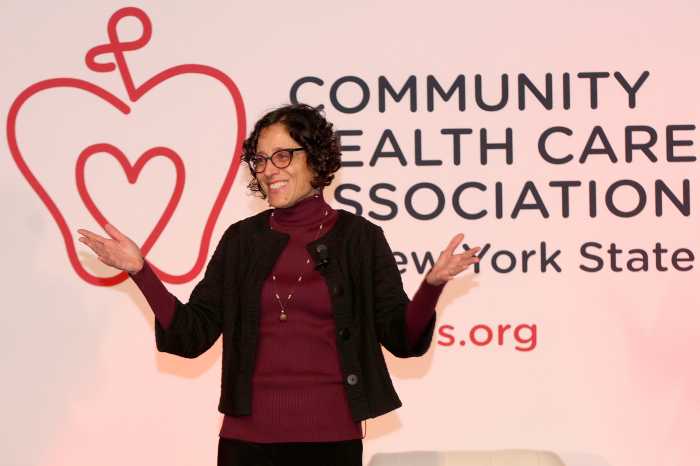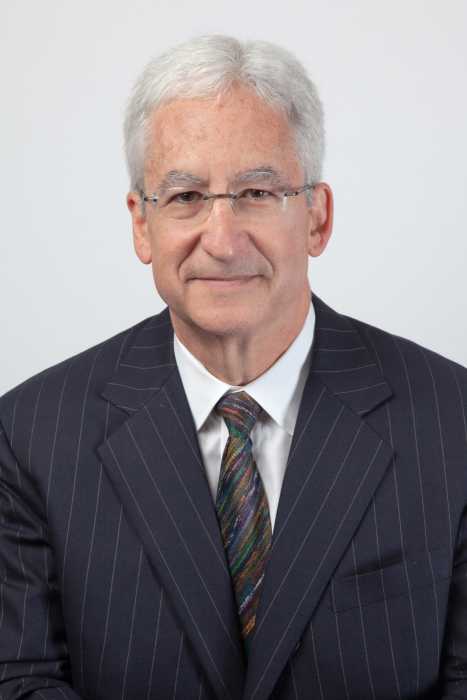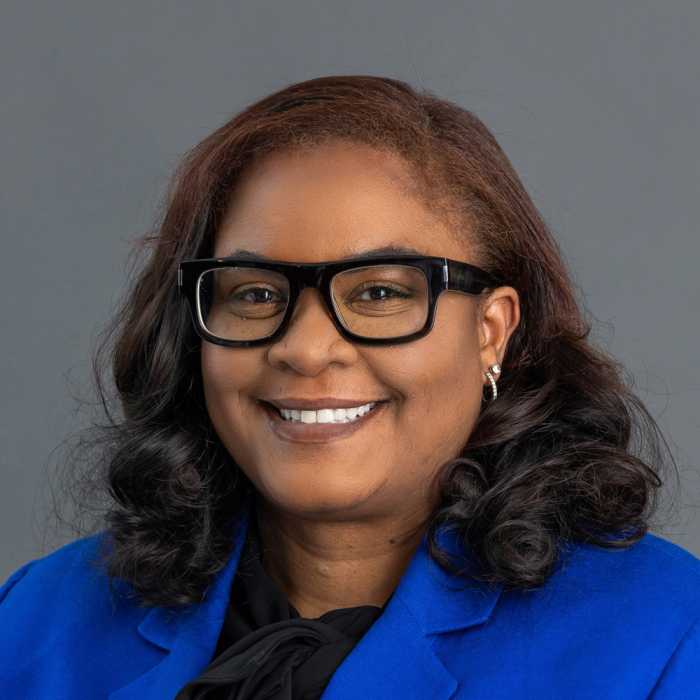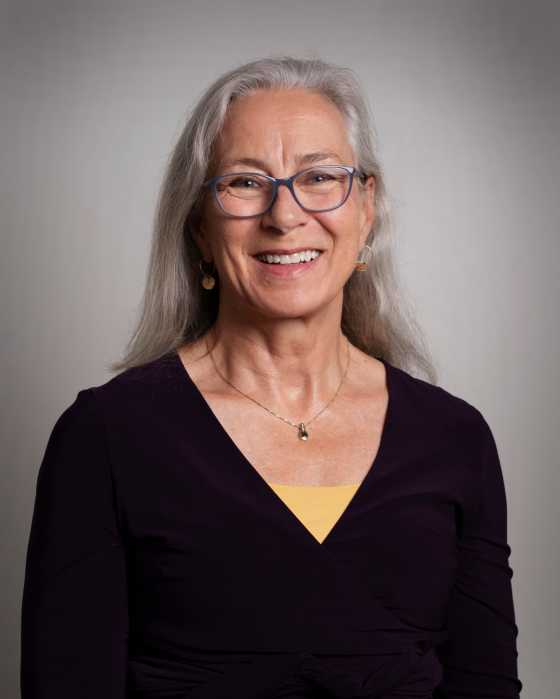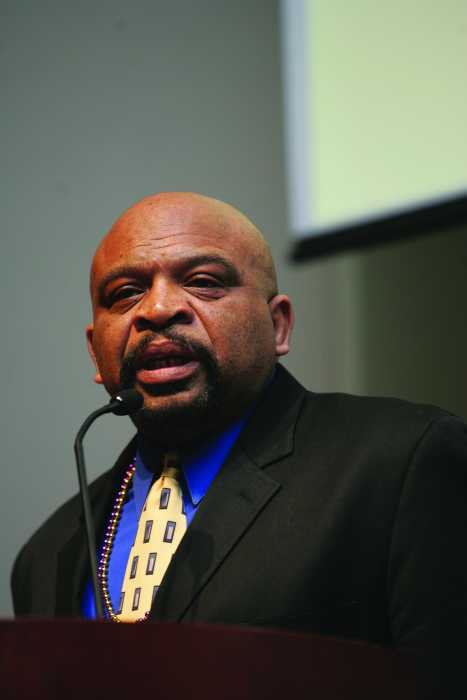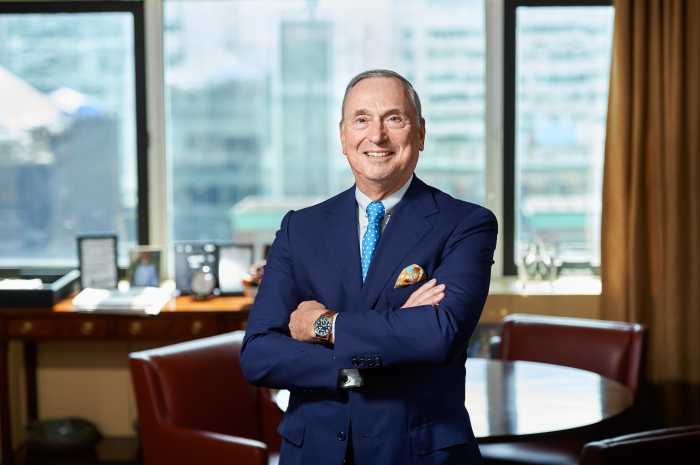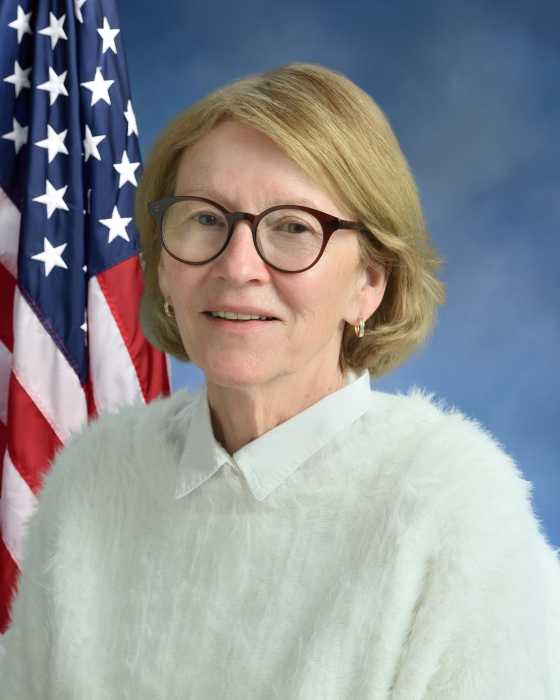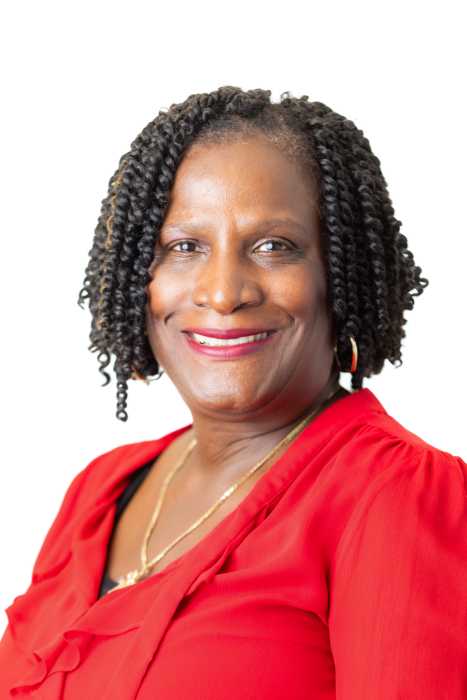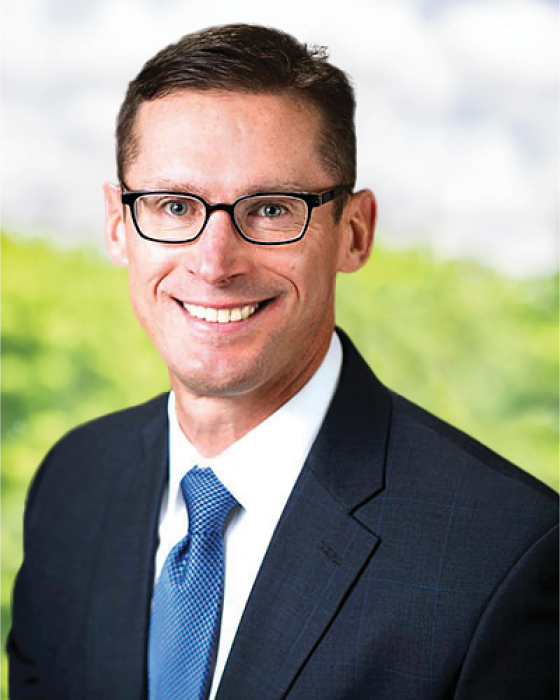Rose Duhan has served as the president and chief executive officer of the Community Health Care Association of NYS since 2017. CHCANYS represents NY’s Community Health Centers, which provide comprehensive primary, dental, and behavioral health care to one in every eight New Yorkers. Rose provides strategic vision and leadership to the organization, working with the Board of Directors to achieve CHCANYS’ mission, vision, and goals. Rose previously served as assistant secretary for health for NYS.
Do you have advice for those interested in joining the health care field?
Community-based primary care is the most impactful and therefore most rewarding field you could choose. For those just starting out, CHCANYS Public Health AmeriCorps Program (https://www.chcanys.org/chc-resources/chc-operations/chcanys-americorps) provides real-life experience preparing for careers in public health and community-based primary health care.
How can policymakers support New York’s health care system?
Investment in comprehensive community-based primary care is the most cost-effective, high-impact means of advancing health equity and improving the health of all New Yorkers. Community health centers are the delivery system for that model, and investment to expand access and increase services is critical.
What is the most important lesson you’ve learned in your career so far?
Every day is an adventure, and you have to laugh and enjoy it, or why bother getting out of bed?


